Our Bodies, Our Stories and Black Female Veterans
Today is Veterans Day.
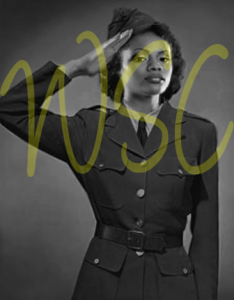
WAC or WAAC stands for Women’s Auxiliary Army Corps:
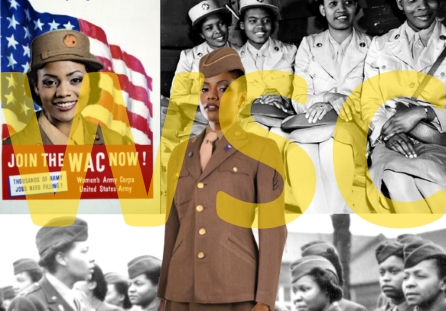
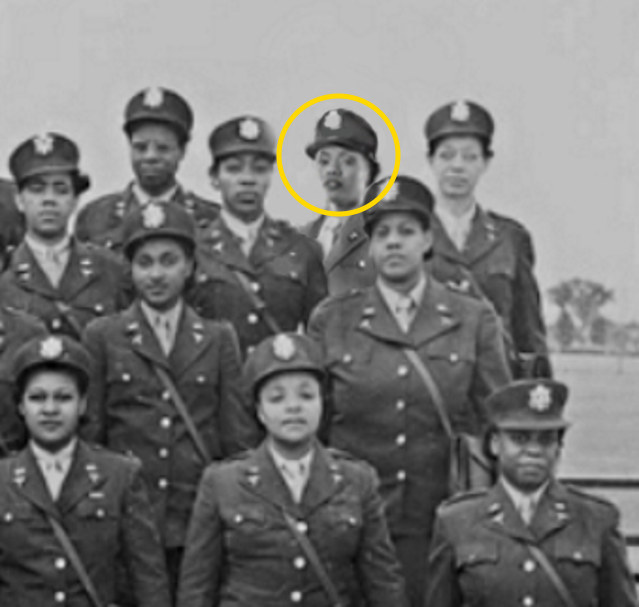
Their stories deserve to be recognized and to be told.
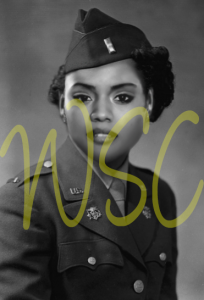
To learn more about the contributions of African American women during times of war:
Link: http://www.buffalosoldiersresearchmuseum.org/research/women.htm
For more photos of the past:
Link: https://www.pinterest.com/pin/61783826109434454/
Our Bodies, Our Stories . . .
As I look at all the men in power who’ve been accused of sexual assault, I’m reminded of what my foremothers went through during and after segregation. Lets not forget how women of color were treated (and ignored) when they opened up about their trauma. Today, many women are united in solidarity to combat and speak out against unwanted sexual advances and sexual assault (#MeToo). But it wasn’t always so. The voice of black women were rarely believed. It may surprise readers to know Rosa Parks had to fight off an attempted assault while working as a domestic. Read a partial account from The Washington Post:
” . . . Parks was doing domestic work during the Scottsboro trial, during her late teens in 1931. It’s written in the first person, though the narrator is unnamed. In the account, a young Rosa is threatened with assault by a white neighbor of her employer, who was let into the house by a black worker, “Sam.” The heavy-set white man she aptly called “Mr. Charlie” (a term black people of the era used for white people and their arbitrary power) gets a drink, puts his hand on her waist, and attempts to make a move on her.
Furious and terrified, she resolved to resist: “I was ready and willing to die, but give any consent, never, never, never.” When Mr. Charlie said he’d gotten permission from Sam to be with her, she replied that Sam didn’t own her, that she hated the both of them, and that nothing Mr. Charlie could do would get her consent. “If he wanted to kill me and rape a dead body,” Parks wrote, “he was welcome but he would have to kill me first.”
I found this copy of Rosa’s account on The Huffington Post. Notice how she mentions her crippling fear (something many females, like me know quite well):
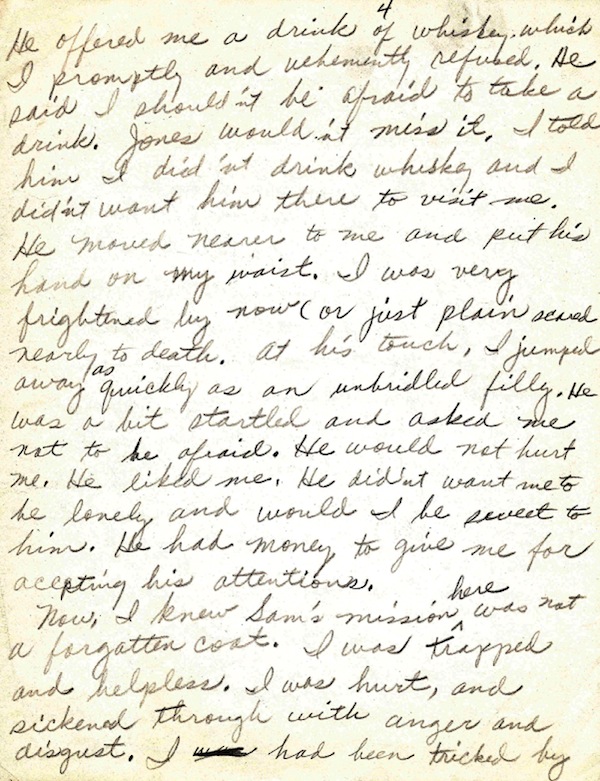
The entire article bears reading, as does the book –
Read Recy Taylor’s account in her own words at NPR: Hidden Pattern Of Rape Helped Stir Civil Rights Movement